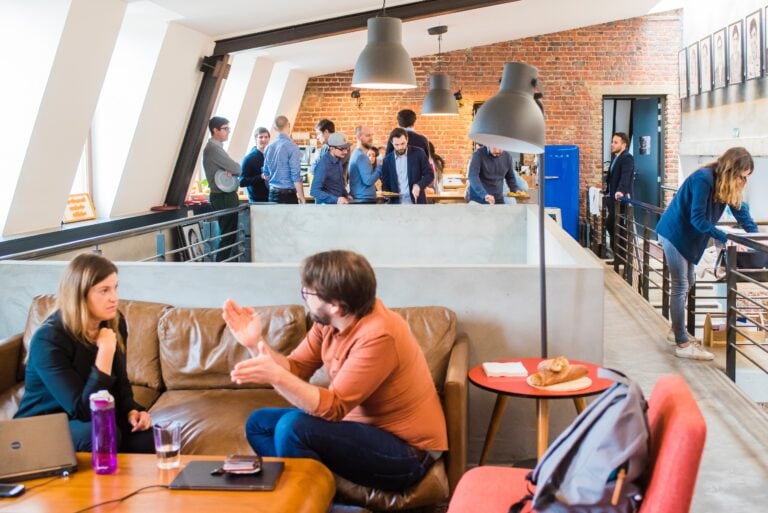It’s a competitive world out there, but a job interview doesn’t have to be daunting. How do you make the lasting impression you want for that dream job?
How to get to offer stage
Stay one step ahead of the interviewer
Do your research on the company, the types of people that work there, and the role you’ll be doing. The interviewer(s) will be testing whether your personality fits in with their company ethos and team dynamics, especially honesty, trust and reliability.
Make sure you’re particularly honest about your experiences and work ethic, as this will only be discovered when they eventually hire you.
The interviewer will also question your relevant experience, and whether you have the right skills and flexibility for the job, so be clear to discuss your relevant projects and duties for the role.
Nerves aren’t necessarily a bad thing; being a little bit nervous can be read as enthusiasm to win the job.
Ask the right questions
It’s normal to expect a barrage of questions from the interviewer(s), but don’t let them do all the talking. Walking out of an interview and not asking about the role or the company can show a lack of interest and preparation.
Questions to consider can be:
Q. What projects will I be working on in the first 6 months?
Q. Is there room for further progression in the company?
Q. What do you most like about working in the team?
Q. What is the best thing about the company ethos?
Q. What can I do to impress in the first few months in the role?
Know the ‘underlying’ truth behind the questions
Competency-based questions determine how well you can demonstrate their skills in given ‘scenarios’, something the interviewer wants to assess in terms of his/her suitability for the role.
Many questions can appear conversational, but they do have a hidden purpose, and this separates the best talent from the rest!
Competency-based questions
These are focused on the skills that the specific job requires. Your CV alone will not be enough for interviewers to make a final decision, so you’ll be asked questions like:
Decision-making: Give an example of when you’ve had to make a big decision within a time limit, and how you approached this?
Multi-tasking: Describe an example of when you’ve had to multi-task; how do you approach your tasks?
Innovation: Tell us about a project where you’ve had to tell a senior colleague that a different approach was necessary; what was the outcome?
Group interviews
These demonstrate how you work in a team environment, so you need to show your personality and productivity in order to shine. Be mindful of your communication skills and ability to work under pressure, as the interviewer(s) will assess your body language.
Dress to impress
Your image and overall projection are the first thing your interviewer(s) will see when you walk through their doors, so stand out in the right way.
Whatever your personal style, you can wear neutral colours, jewellery and hairstyles that are less ‘distracting’ and more professional. Of course, with more creative and artistic roles, there’s more scope to look more individual.
Be yourself
The most charismatic leaders of this world have this all-important technique down pat, and they use it on everyone from the receptionist to the CEO. Project warmth, self-assuredness and your personality with one swift move: a smile!
If you’re looking for a new role, search our latest jobs or contact us at Intelligent People today. We’d love to hear from you and help you find your next position.





